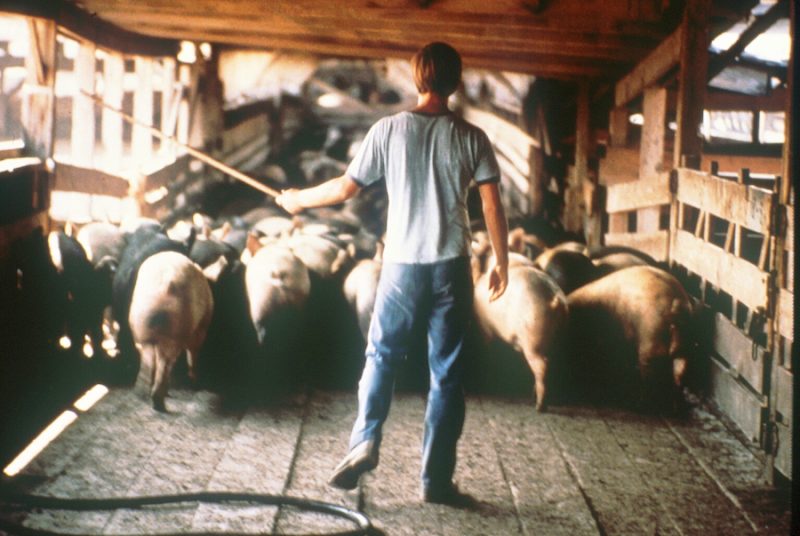During the recently adjourned session of the Minnesota Legislature, the Land Stewardship Project and its allies won record funding for public programs that support farmers, conservation, and community food systems, among other things. We are now pivoting to the implementation stage to ensure these dollars and programs serve our members, as well as other small- and mid-sized farmers and processors, farmworkers, processing workers, food businesses, farmers’ markets, and local governments, as best as possible. Below is a listing of funding opportunities that are currently available, along with details on applying. To download a pdf copy of these resources, click here.
For more information, contact LSP Government Relations Manager Laura Schreiber
